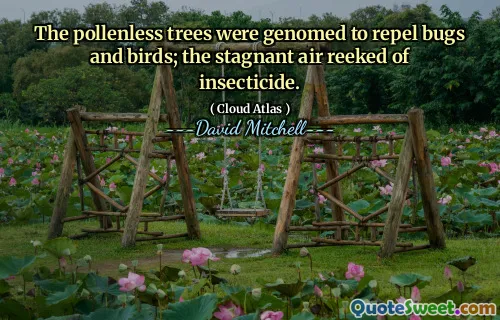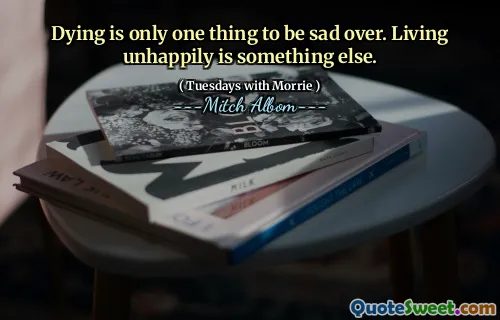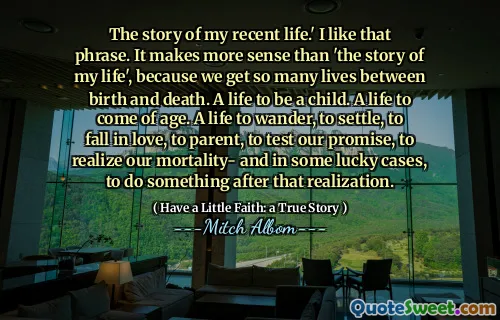Is it not the singularity of life that terrifies us? Is not the decisive difference between comedy and tragedy that tragedy denies us another chance? Shakespeare over and over demonstrates life's singularity - the irrevocability of our decisions, hasty and even mad though they be. How solemn and huge and deeply pathetic our life does loom in its once-and doneness, how inexorably linear, even though our rotating, revolving planet offers us the cycles of the day and of the year to suggest that existence is intrinsically cyclical, a playful spin, and that there will always be, tomorrow morning or the next, another chance.
In John Updike's exploration of life, he highlights the unique and often daunting nature of our existence. He suggests that what terrifies us is the singularity of life, emphasizing that each decision we make is irreversible. Tragedy, as he notes, underscores this idea by illustrating how we are denied second chances, which accentuates the weight of our choices. Shakespeare's works frequently echo this theme, showcasing the profound and serious implications of our actions.
Furthermore, Updike contrasts the linear progression of life with the cyclical patterns we observe in nature, such as the changing seasons. While the earth's rotations hint at a repetitive cycle, the reality of our lives remains that each moment is unique and cannot be relived. This tension between a seemingly cyclical world and the unrepeatable nature of our experiences creates a poignant understanding of existence, leaving us to reflect on the responsibilities tied to our decisions.






